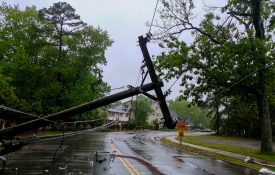-
More HIV Testing for Teens?
Yesterday was World AIDS Day, and according to the American Academy of Pediatrics (AAP), more can be done to prevent HIV in teenagers. In a policy statement, the AAP advocates for 16 to 18-year-old teens Visit Page
-
Psychological Science For All
Interesting and important psychological research is published every day around the world, yet the rumor is that most psychology journal articles are read by an average of six people. Psychological research spans multiple disciplines, advances Visit Page
-
In a Married World, Singles Struggle for Attention
The New York Times: Here’s a September celebration you probably didn’t know about: It’s National Single and Unmarried Americans Week. But maybe celebration isn’t the right word. Social scientists and researchers say the plight of Visit Page
-
Am I Safe Here?: How People With HIV/AIDS Perceive Hidden Prejudices in Their Communities
People in marginalized groups, such as the disabled or racial minorities, feel stigmatized—condemned, feared, or excluded—when other people stigmatize them. That’s obvious. But they can also feel stigma when nobody blatantly discriminates against them or Visit Page
-
Having a Strong Community Protects Adolescents From Risky Health Behaviors
Children who grow up in poverty have health problems as adults. But a new study finds that poor adolescents who live in communities with more social cohesiveness and control get some measure of protection; they’re Visit Page
-

Weighing the Costs of Disaster: Consequences, Risks, and Resilience in Individuals, Families, and Communities
A scientific review shows that a psychological intervention commonly employed to help victims who have just experienced a disaster lacks evidence supporting its effectiveness and may actually be harmful. Visit Page

